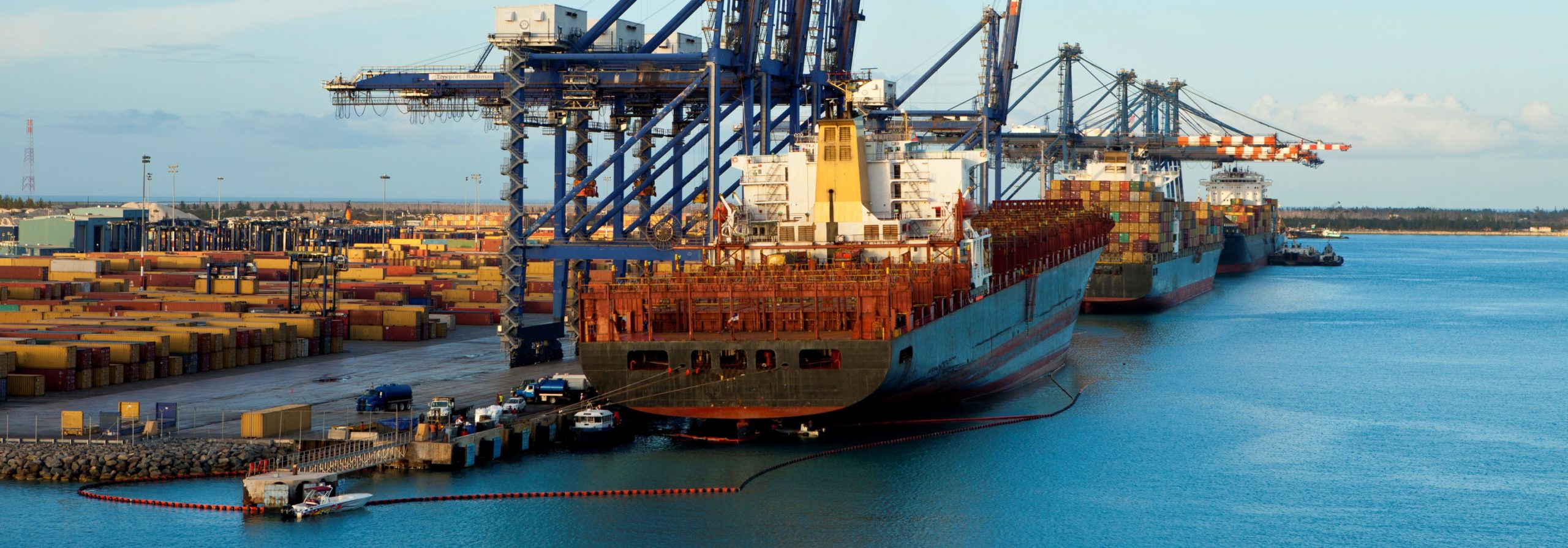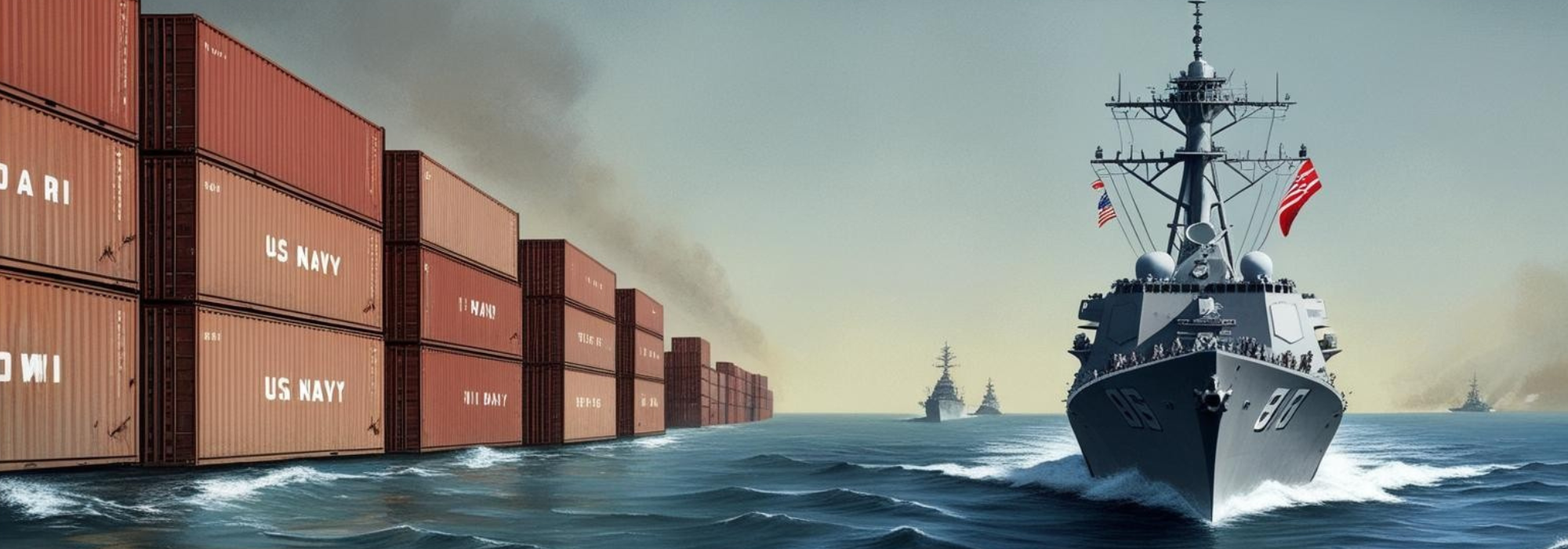Introduction
International trade in Israel has undergone significant changes and developments in recent years, influenced by global economic shifts and evolving political landscapes. Recent reforms and new regulations in import and export aim to ease import restrictions, enhance competition in the local market, and reduce the cost of living. However, these changes also pose challenges for local producers and Israeli traders. This article will review the latest news in the field of import and export, examine their impacts on the local and global economies, and highlight the advantages and disadvantages of the recent updates.
Recent Developments in Import and Export
Import Reform from Europe: The Israeli parliament approved legislation that removes regulatory barriers to imports from EU countries. This reform aims to expand the range of products available on the market, enhance competition, and lower consumer prices by simplifying the import of European-standard goods without additional local approvals and laboratory checks
Decline in High-Tech Exports and Growth in Imports: In July 2024, there was an 11.7% annual decline in exports from medium-high technology industries, alongside an increase in imports, leading to a growing trade deficit. The decline in exports is attributed to global challenges, such as economic volatility and global inflation, while the rise in imports reflects high domestic demand
Eased Import Checks: Israel adopted European standards that allow the import of goods like electrical appliances, mobile phones, and household items without additional local checks and approvals. This move streamlines import processes and reduces costs for consumers but also raises concerns about the impact on local manufacturers who face increased competition from cheaper imported products
Tomato Imports from Moldova: For the first time, Israel approved the import of tomatoes from Moldova under strict conditions, including phytosanitary checks. This initiative aims to increase the supply of agricultural produce and reduce prices in the local market but also raises concerns among local farmers who face growing competition
Turkey’s Import and Export Ban with Israel: Turkey imposed a full ban on imports and exports with Israel due to political tensions. The restrictions include various products such as electrical panels, aluminum, ceramics, and agricultural goods. This is the first time Turkey has imposed such broad trade sanctions unrelated to other international conflicts, potentially impacting Israeli traders who use Turkey as a transit point for trade(
Table: Key Updates in Import and Export
| Update Description | Potential Impacts |
|---|---|
| Removal of regulatory barriers and adoption of European standards for imports. | Increased product availability, enhanced competition, and reduced consumer prices. |
| 11.7% drop in exports of medium-high technology industries. | Decreased export revenues and increased trade deficit. |
| Imports of products with fewer checks, including electrical appliances and household goods. | Streamlined import processes, reduced costs for consumers, competition with local manufacturers. |
| Approval of tomato imports from Moldova under strict conditions. | Increased supply, reduced prices, but intensified competition for local farmers. |
| Export of crude oil to Europe, marking entry into natural resource markets. | Increased export revenues, reduced reliance on traditional export sectors. |
| Turkey imposed a full ban on trade with Israel due to political tensions. | Potential disruption in trade routes, increased costs, and the need for alternative trade paths. |
Conclusion
The latest updates in Israel’s import and export landscape highlight a mix of economic reforms and new challenges arising from political tensions and global economic conditions. While regulatory easing and the adoption of international standards aim to reduce consumer costs and boost market competition, there are also negative impacts on local producers who must contend with cheaper foreign competition. Israel must continue to assess its trade policies to strike a balance between the needs of the local market, fair competition, and complex international relations.



















